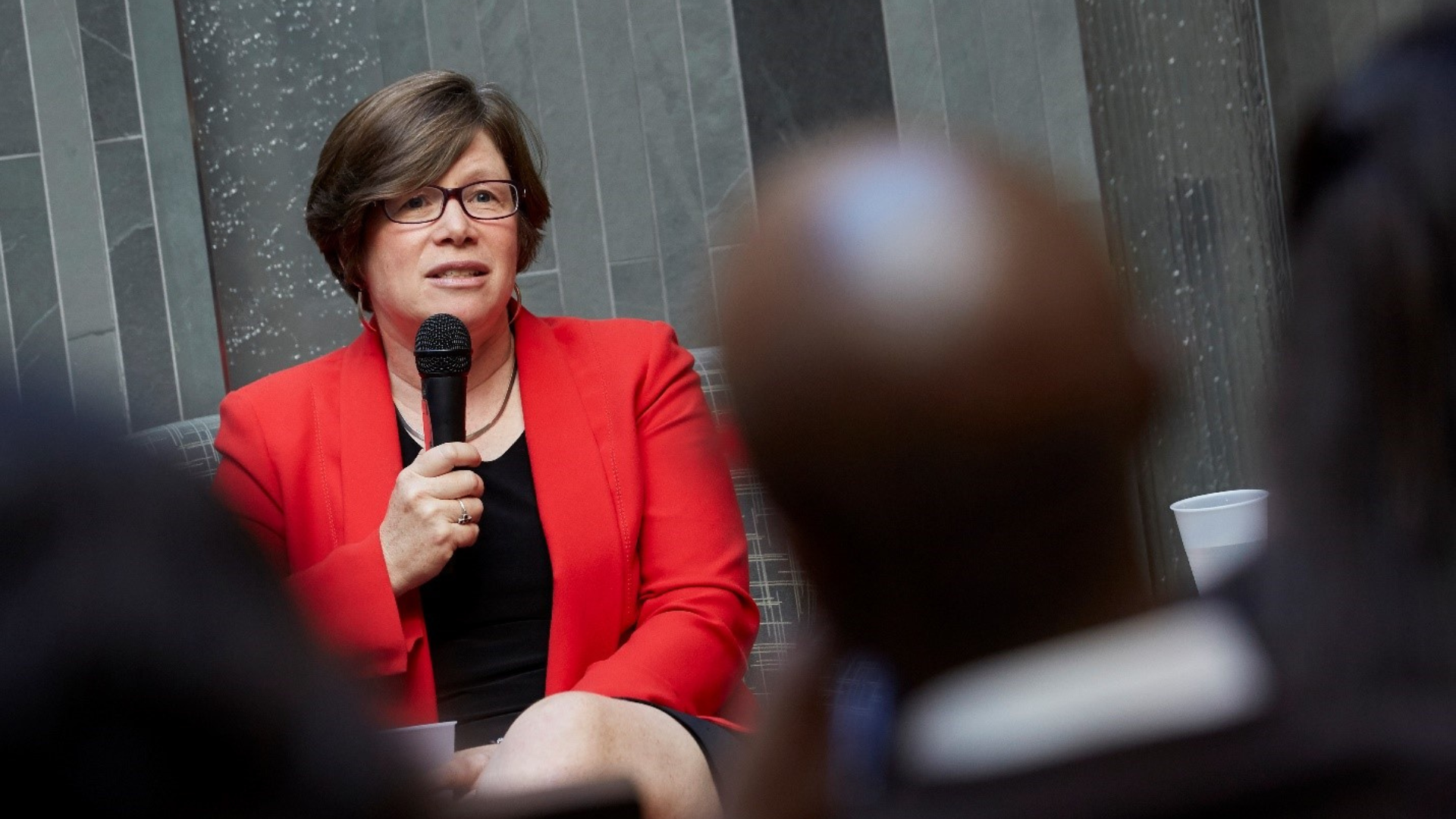
Canadian researchers and clinicians alike are increasingly focused on how to integrate lived experience into healthcare services. Gillian Mulvale, Assistant Professor of Health Policy and Management at McMaster University, says that lived experience – the knowledge that comes from first-hand involvement in events— can improve the quality of care across the health system.
“There’s an entire consumer survivor movement,” explains Mulvale. “These are people who have been through the health system and consider themselves consumers or in some cases survivors of the system, given that it is a difficult process at times, with room for improvement.”
One major way that lived experience has been introduced in clinical settings is through peer support providers (PSPs). In addition to the health professionals one might encounter when seeking mental health treatment, PSPs bring their lived experience of mental illness and/or addiction and purposefully share that experience to provide emotional and social support to others.
“In a hospital setting, there are nurses, psychiatrists, occupational therapists, psychologists and other professionals involved in mental health care,” says Mulvale. “A peer support worker brings a different perspective to the table –the experience of having been in the system.”
With seed funding from the Health Leadership Academy, Mulvale and her colleague Karl-Johan Johansen launched an exploratory case study to understand best practices for integrating PSPs across the health systems in Norway and Canada respectively. The results of this study were published earlier this week in the Healthcare Management Forum Journal.
Mulvale says that Canada and Norway had the right blend of similarities and differences to make the comparison study worthwhile. The two countries share a commitment to a recovery orientation in mental health, yet have many differences in geography, population and service delivery.
“This research is really trying to look at new approaches to delivering care and that’s part of what the Health Leadership Academy is about,” says Mulvale. “The Academy is also focused on preparing leaders and it is to the benefit of those emerging leaders to think about how we might integrate different types of workers and lived experience into a clinical team.”
Mulvale and Johansen’s research suggests that peer support has a positive impact on the health of peers and PSPs themselves across various clinical settings in both Norway and Canada. After interviewing a total of 67 informants, including people receiving peer support, PSPs, clinical staff, managers and policy makers, participants’ described how peer support done well could impact overall team functioning, quality and cost-effectiveness of service delivery. Moreover, peer support acted as a gateway to connect patients with the broader care team. PSPs were described by some study participants as “living examples of the hope of recovery.”
Rafik Hamaizia, a peer support worker from the United Kingdom, described his experience in an editorial for The Guardian. Hamaizia writes that it is his job to talk to patients and their families, but more importantly to “ensure that they have a voice” during their care journey – a sentiment echoed in Mulvale and Johansen’s findings. “I have walked in their shoes and the implicit trust between us means they feel safe to talk to me,” Hamaizia writes. “They know I am on their side and my presence shows that it is possible to get better, that recovery is real and that there is hope.”
Despite the potential benefits of PSP integration, the study also found that introducing a new type of worker into an existing clinical team has its management challenges. Some clinical team members were concerned that PSPs did not have sufficient medical knowledge to offer quality care.
“Sometimes there can be ideological differences between the consumer survivor movement and the traditional clinical team,” says Mulvale. “It can take time for some professionals to become comfortable with the contribution that PSPs can make. At first PSPs might seem a threat to the health professional role, and some professionals might worry about whether the patient will really benefit. However, once the PSP role is understood as complementary, and the benefits for patients are recognized, initial resistance can turn to strong support for PSPs among many professionals.”
Mulvale and Johansen’s analysis revealed that a collaborative team culture and an openness to innovation can encourage the integration of PSPs into a clinical team.
Looking forward, Mulvale says this initial research may provide insights when examining other interdisciplinary healthcare teams, and outlining best practices for introducing new types of workers to the system. Once Mulvale and Johansen complete a comparative analysis for Canada and Norway, they hope to survey programs in both countries to identify the most important factors to successful integration of PSPs across a large number of programs and a wide range of clinical settings.
Importantly, Mulvale says that future research must explore how to best protect peer support workers in clinical settings.
“These are people with lived experience of mental illness and while many shared how being a PSP helped their own recovery, some PSPs described needing to step away for a while, for their own mental health,” says Mulvale. “Operational success aside, the broader question becomes: how do we support PSPs as they support others?”


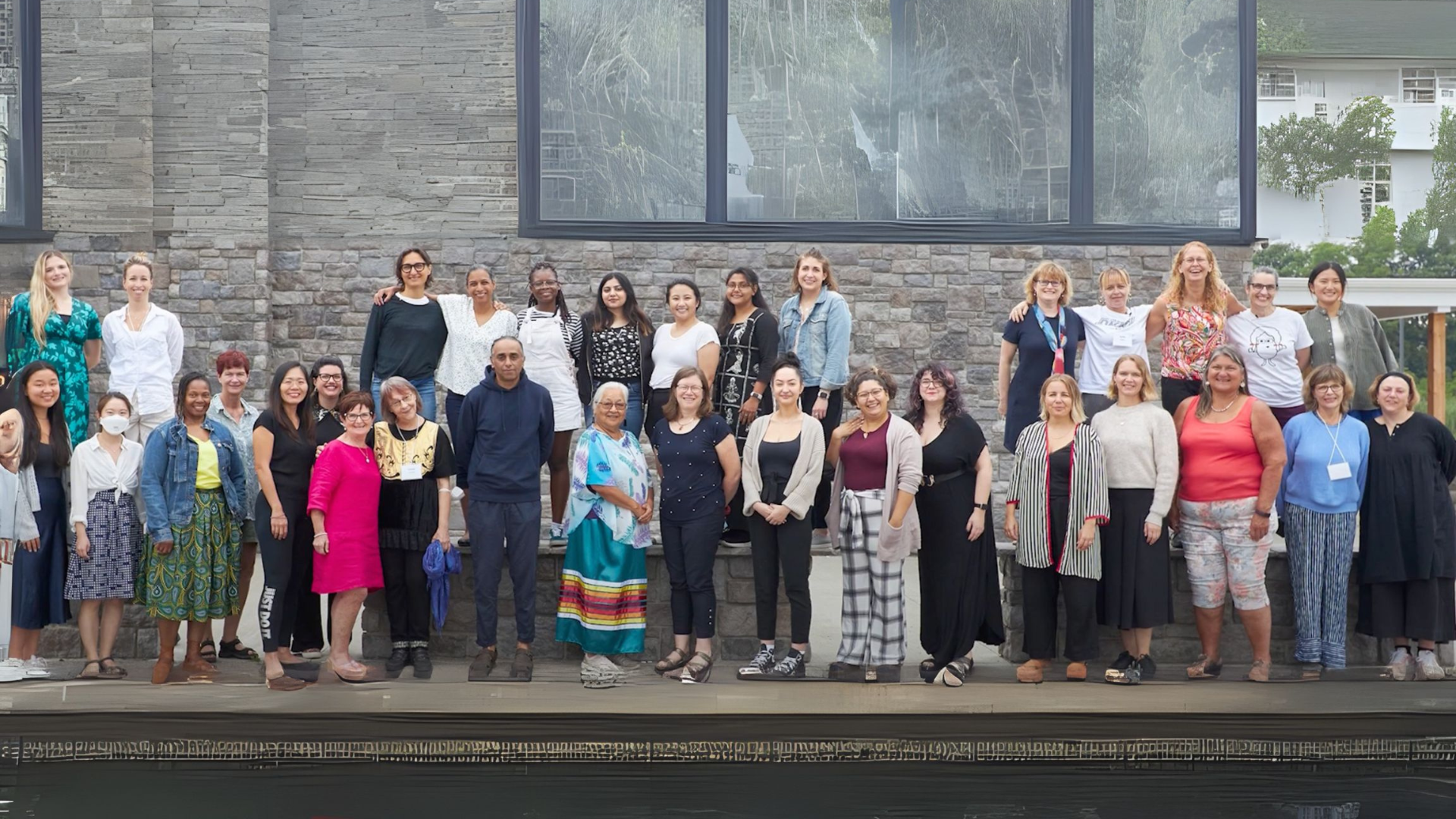
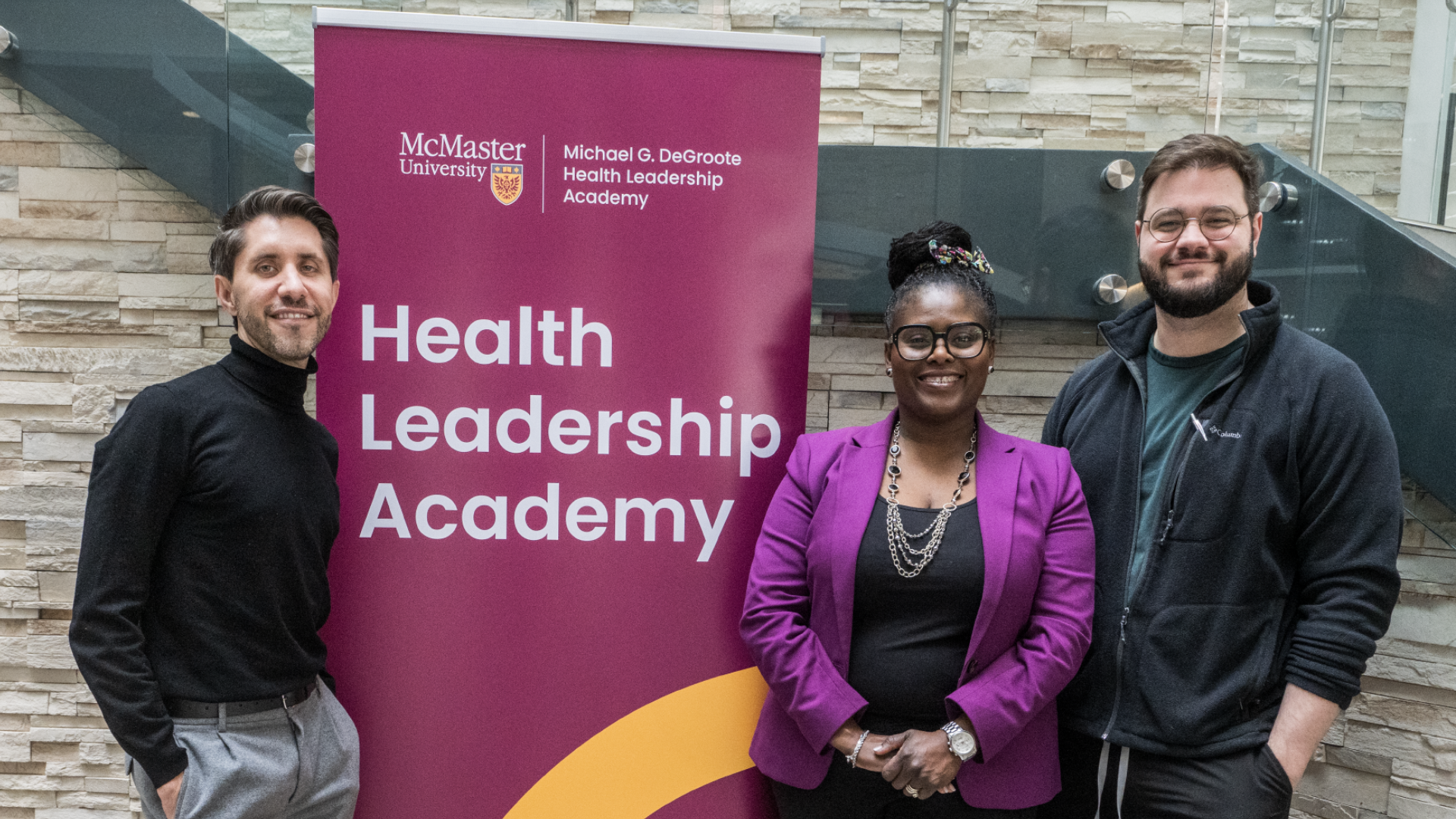


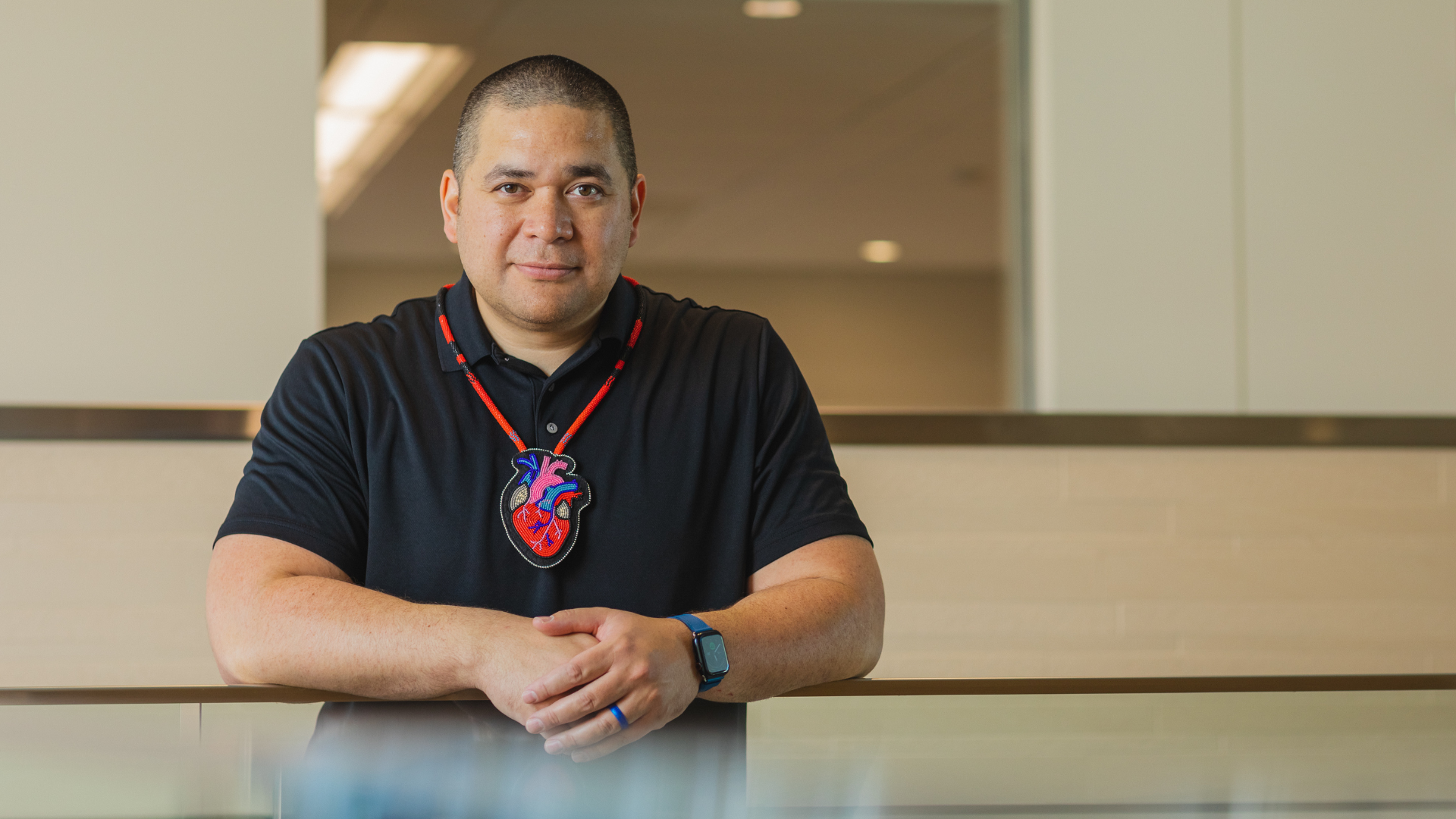





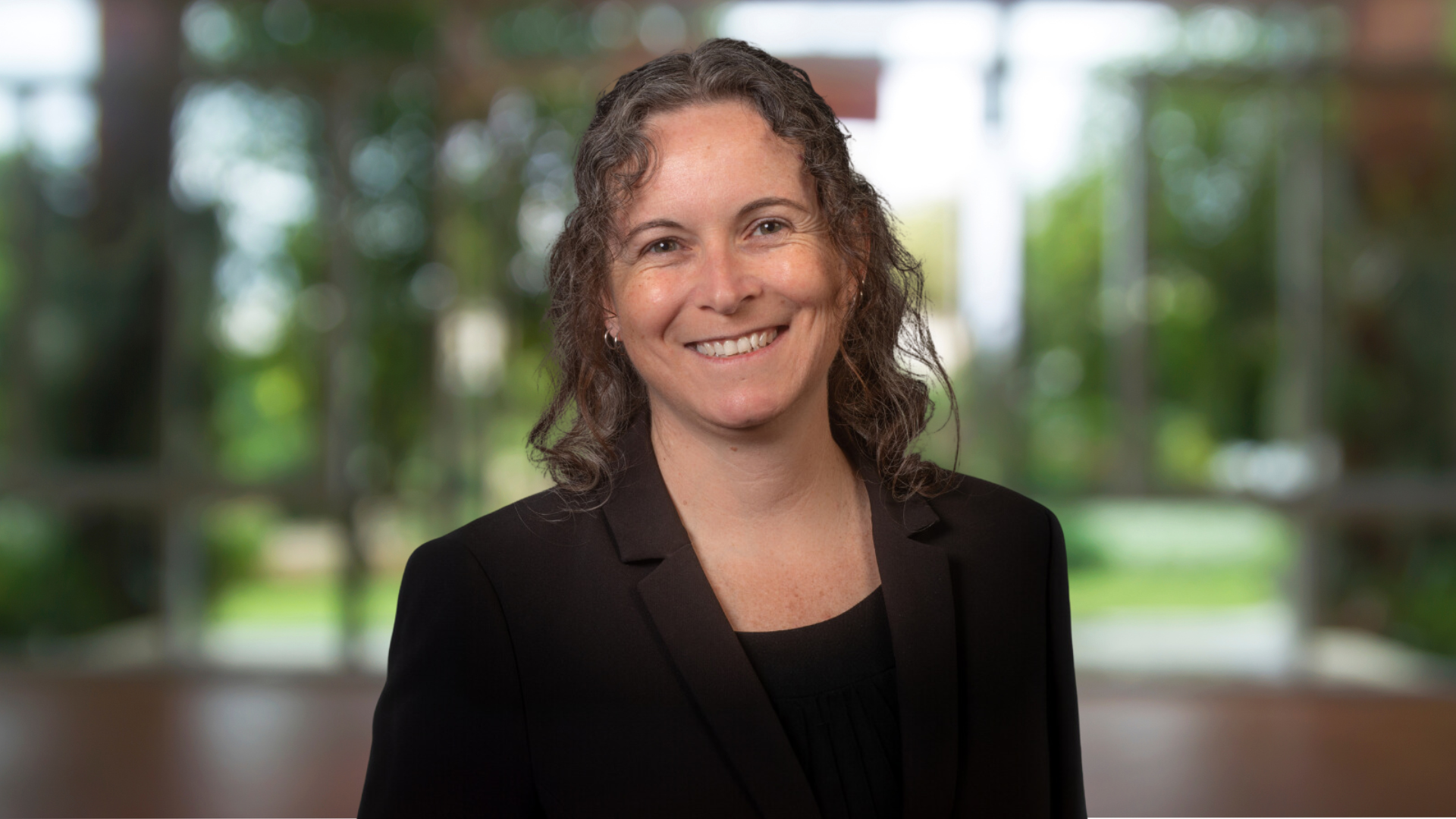

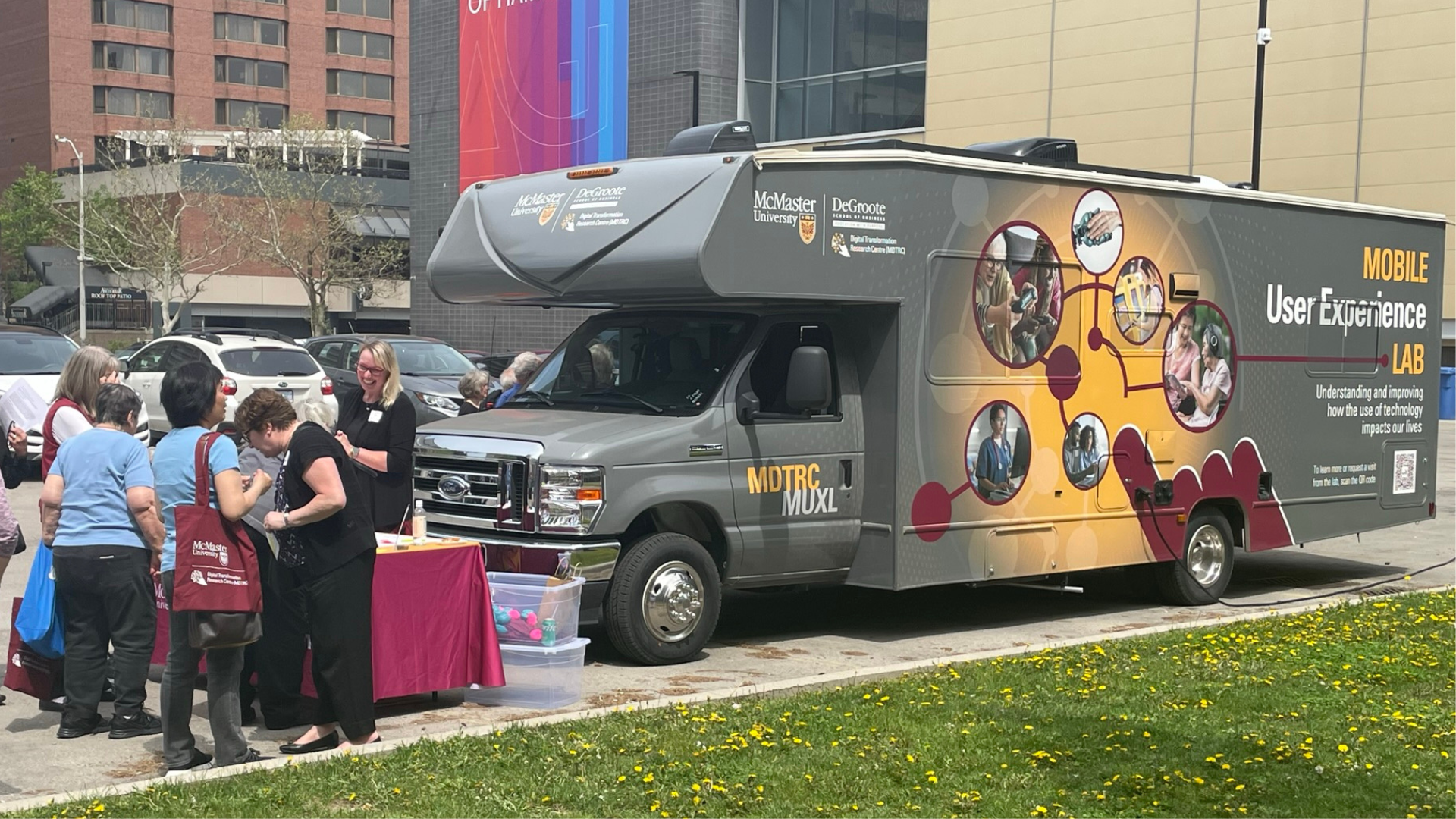

I would like to give my thought and /or question to this statement in this blog . “Some clinical team members were concerned that PSPs did not have sufficient medical knowledge to offer quality care.”
As a person with “lived experience” why is it that comment even relivent? We deal with the other 80% of the clients life. To keep this friendly and professional I would say that some Peer workers are concerned that clinicians do not have sufficient “lived experience” and inate tools to offer quality care. This is by no means a disrespect , but mere possible conversation for us all to explore. One is just as important as the other and if they stay in their roles and remember who the client is there will be success in this unity of of care. It really hard to practice one’s own ideology when you can very easily get absorbed by the majority. These are very interesting conversations, but my concerns are we (PSPs) exist for the mere fact there was something very wrong in the mainstream. I believe working colaboratively yes, but this integrating peer with clinicians is so wrong on so many levels. The way we have built trusting relationships are walking beside our clients not clinicians…. Thers is so much more I could share , but I really and truly do not want anyone thin king I am disgarading the great need for our clinicians.